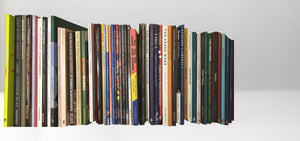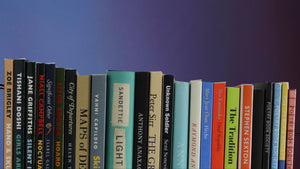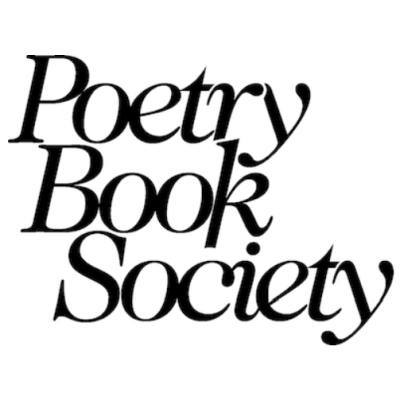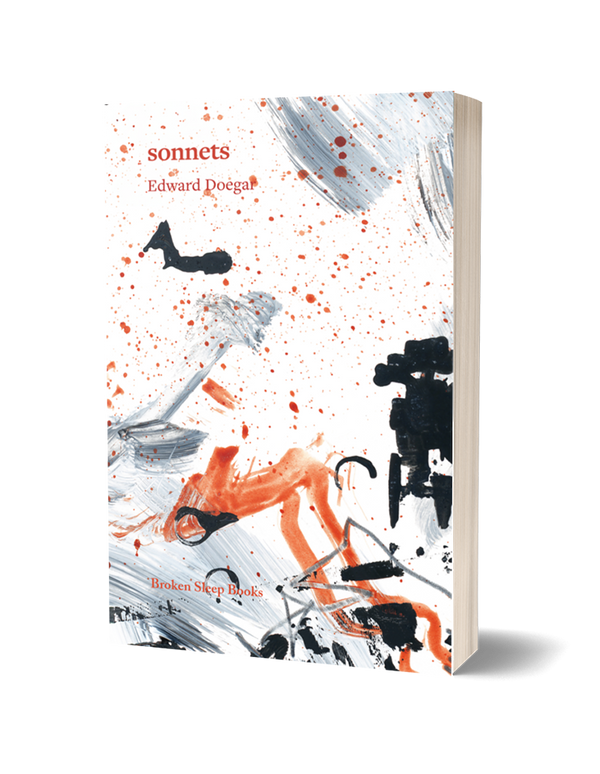Sonnets by Edward Doegar
Broken Sleep Books
sonnets is an unforgettable and unsettling sequence of lyric sonnets. The violence of Edward Doegar's poems disrupts our most fundamental notions of love and family, of the past and the present, and our own ability to reconcile through rich and beautiful writing, which is also acutely disquieting and uncomfortable. These poems are brutal, but they are also tender, and we read them, as we must read them, as witnesses. sonnets is a unique and stunning body of work.
PRAISE for sonnets:
Doegar seems to have innovated his own style in a classical form which I’d term as ‘the stutter’, the repetitions of sound and image and the defiantly simple diction all open a space in consciousness for revelation that is relapse and recovery. Doegar’s is a poetics that I’ve not read in contemporary poetry.
— Daljit Nagra
sonnets gives the impression both of fragments unified, and of a unified whole coming apart into pieces. These excellent poems worry at the world, questioning all its assumptions, trying every locked door and magic trick, whilst beset by interruptions of the poems’ own making. In concise lines and flickering, mutable images, sonnets carries a real emotional freight.
— Martha Sprackland
A bleak, bloody, lonely and exquisite experience.
— Chrissy Williams
In Edward Doegar’s preeminent lyric poetry for our times, the intersubjective and acoustic properties of lyric are used to make a kind of ethics of idiomatic address. In the crown of sonnets, he exploits the generic constraints of the eponymous form and breaks, bifurcates and folds its constituent parts into a different order, as though to reveal new dimensions in the very line itself. In a manner at once bracingly sharp and delicate, the poems render a violent moment of familial rupture and the contingent, contradictory meanings made in the aftermath, and the special position that poetry holds to make sense of it.
— Sam Buchan-Watts
A shocking act of violence is the catalyst for these sonnets which simultaneously interrogate both the ‘wound’ and ‘stubborn doubt’ of memory in a restlessly intelligent and hyper-lyric fashion. The vertical bar of these poems pervades and conversely suggests that in the dramatisation of division and pause, there can in fact be no division, no break with the past, no pause for breath.
– Richard Scott
ABOUT Edward Doegar:
Edward Doegar is a poet and editor based in London.
Broken Sleep Books

MEMBERS ENJOY 25% OFF ALL POETRY BOOKS

Join the Poetry Book Society for 25% off all books
Join the Poetry Book Society for 25% off all books

